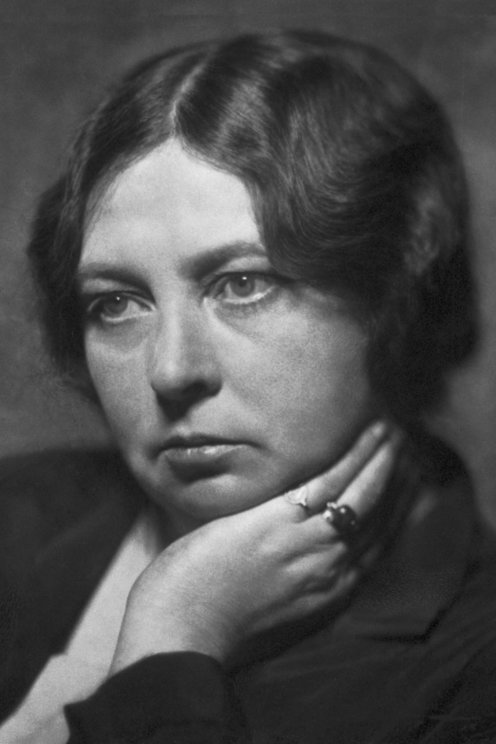Why was Sigrid Undset Awarded the Nobel Prize for Literature in 1928?
Unraveling the Nobel Recognition: Sigrid Undset's Literary Excellence
In 1928, the Norwegian novelist Sigrid Undset was honored with the Nobel Prize for Literature, recognizing her outstanding literary contributions that left an indelible mark on the world of literature. Undset’s literary prowess and unique storytelling abilities set her apart, making her a deserving recipient of this prestigious award.
1. Masterful Historical Fiction:
One of the primary reasons for Undset’s Nobel Prize win was her masterful command of historical fiction. Her most celebrated work, “Kristin Lavransdatter,” a trilogy published between 1920 and 1922, showcased her exceptional ability to weave compelling narratives set in medieval Norway. The trilogy tells the epic tale of Kristin Lavransdatter, a strong-willed and complex woman navigating the challenges of love, faith, and societal expectations. Undset’s meticulous research and attention to historical detail transported readers to a bygone era, earning her widespread acclaim and admiration.
2. Authentic Portrayal of Women:
Undset’s portrayal of female characters was revolutionary for her time and played a crucial role in her Nobel Prize win. In an era dominated by male voices, her nuanced and authentic depictions of women challenged stereotypes and brought to light the complexities of women’s lives. Through Kristin Lavransdatter and other works, Undset explored the inner struggles and strengths of women, paving the way for a more progressive representation of female characters in literature.
3. Ethical Exploration:
Undset’s novels delved deeply into ethical and moral dilemmas, providing readers with profound insights into the human condition. Her works often grappled with themes of redemption, guilt, and the consequences of one’s actions. This ethical exploration resonated with readers on a universal level, transcending cultural and linguistic boundaries and establishing her as a significant literary figure with a global impact.
4. Social Commentary:
Beyond her historical narratives, Undset used her writing as a vehicle for social commentary. In her novel “Gymnadenia” (1929), she addressed pressing contemporary issues, such as the challenges faced by single mothers and the plight of illegitimate children. Her willingness to tackle such sensitive subjects showcased her commitment to using literature as a means of addressing societal concerns and advocating for change.
5. International Recognition:
Sigrid Undset’s works enjoyed international success and were widely translated into numerous languages. Her ability to resonate with readers across cultures and borders played a pivotal role in her Nobel Prize win. Undset’s novels became a bridge connecting people from different backgrounds, fostering a deeper appreciation for the complexities of human experiences.
In conclusion, Sigrid Undset’s Nobel Prize for Literature in 1928 was a testament to her literary genius and her profound impact on the world of letters. Her masterful historical fiction, authentic portrayal of women, ethical exploration, and social commentary set her apart as a trailblazer in the literary world. Undset’s recognition with the Nobel Prize remains a tribute to a writer who used her talent to shape the course of literature and provoke thought on timeless human dilemmas. Her legacy endures, inspiring writers and readers alike to delve into the depths of human emotion and societal complexities through the art of storytelling.





